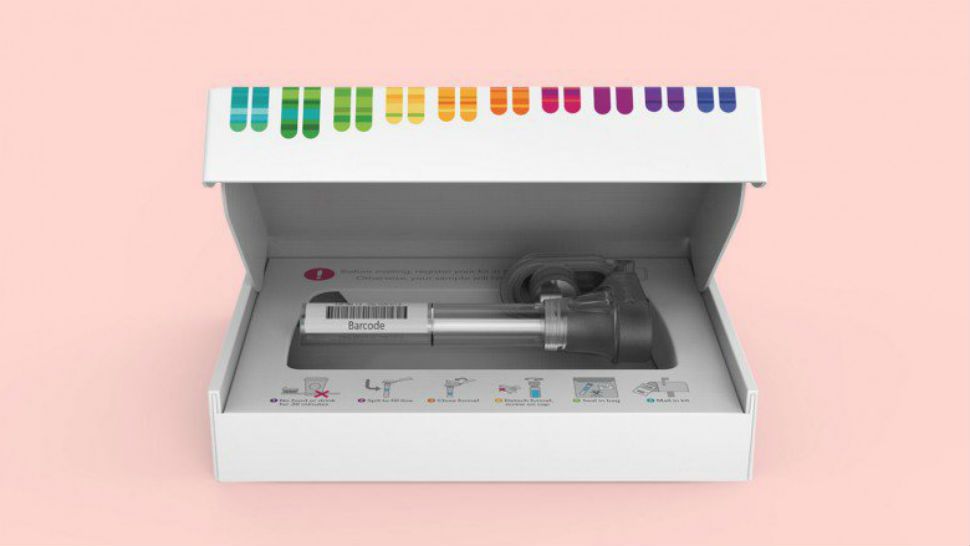ORLANDO, Fla. — The state of Florida is urging people to educate themselves about the security risks of at-home DNA tests, following a memo reportedly issued by the Defense Department to military personnel warning them not to use the kits.
- Florida CFO wants residents to know of risks of home DNA tests
- Pentagon recently urged military members not to use the kits
- Patronis issues tips on how to better protect personal information
- RELATED:
- What is direct-to-consumer genetic testing? (U.S. National Laboratory of Medicine)
- Q&A: What is At-Home Genetic Testing? (National Society of Genetic Counselors)
- Direct-to-Consumer Genetic Tests (Federal Trade Commission)
- Five Things to Know about Direct-to-Consumer Genetic Tests (Johns Hopkins Medicine)
"With 20 military bases in our state, it’s significant that the Pentagon recently issued a memo warning about the risks associated with taking at-home DNA tests for members of our military," state Chief Financial Officer Jimmy Patronis said in a news release issued earlier this week. "In the age of digital hacks, you must do everything you can to protect your information from falling into the wrong hands. As DNA testing becomes more popular, we must ensure consumers — and our military servicemembers — are protected."
News about the Defense Department's internal memo to service members was first reported by Yahoo! News, followed by an article by The New York Times.
Patronis said that Floridians who may have received a home DNA kit as a holiday gift need to understand that in the wrong hands, the personal information on your ancestral origins, nationality, and health can put your privacy at risk.
The popularity of direct-to-consumer DNA testing kits from private companies such as 23andMe and Ancestry has exploded in recent years, fueled by a stream of stories about adoptees who have found birth parents, families who have reconnected after a long separation, or people who have learned of health histories. Also, through public genealogy databases, cold-case killings — some decades old — are getting a new look.
But the home kits have also raised recent scrutiny over what degree law enforcement investigations should have access to private citizens' information, whether DNA information can be sold, and what the ramifications and legal avenues are if genetic information is hacked.
The DOD is the latest entity to raise concerns about the kits. In its December 20, 2019 memo, it says "these [direct-to-consumer] genetic tests are largely unregulated and could expose personal and genetic information, and potentially create unintended security consequences and increased risk to the joint force and mission," Yahoo! News reported.
The memo also says that some DNA kit companies have targeted military personnel with discounts.
Patronis's office recommends three tips to Floridians who are considering using a personal DNA kit.
- Beware of "free" DNA tests. Always be suspicious of a kit that's offering free genetic testing, especially in exchange for some personal information. It could be a scam.
- Thoroughly read the fine print. Always read the privacy policies so you know what the company issuing the kit is going to do with your personal and genetic information — including whether you are giving them permission to sell your data to a third party. You may be able to opt out.
- Learn how to delete your DNA data. Genetic information can reveal personal information about you and your relatives, in addition to your health status. Try not to leave it on the cloud, where it can fall into the wrong hands.
"It’s vital that consumers understand the privacy risks of genetic testing products," Patronis said.



